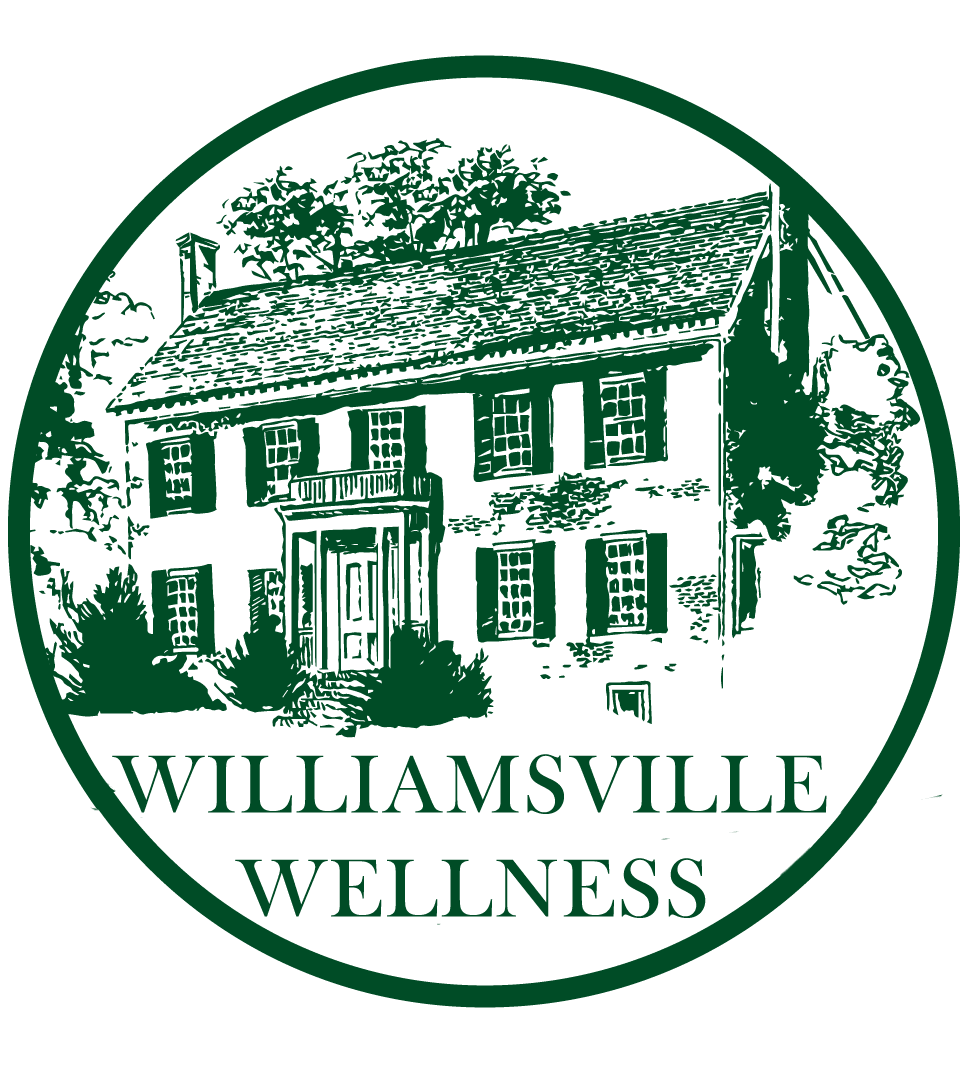Why Go to a Gambling Addiction Rehab?
Gambling addiction is a serious and often misunderstood disorder. What might start as a recreational activity or a means of escape can quickly escalate into a destructive and uncontrollable habit. For those caught in the cycle of compulsive gambling, recovery may seem out of reach. However, there is hope. Gambling addiction rehab is one of the most effective options available for breaking free from this addiction and regaining control over one’s life.
In this post, we’ll explore why going to a gambling addiction rehab is the best decision you can make if you’re struggling with gambling. We will discuss the benefits of professional treatment, the specialized programs offered, and how these programs can guide individuals on the path to recovery.
Understanding Gambling Addiction
Before delving into why gambling addiction rehab is essential, it’s important to understand what gambling addiction is. Gambling addiction, also known as compulsive gambling or gambling disorder, is characterized by an overwhelming urge to gamble, despite negative consequences. Those suffering from this addiction often gamble in an attempt to cope with stress, emotions, or life challenges, but this behavior ultimately leads to severe personal and financial problems.
For many, gambling becomes a way to escape from feelings of anxiety, depression, or other emotional pain. Over time, it can spiral out of control, and individuals find themselves unable to stop despite the harm it causes. Recognizing the need for help is the first step, and professional treatment through a gambling addiction rehab can provide the support and resources necessary for recovery.
Why Gambling Addiction Rehab is Essential
When it comes to treating gambling addiction, professional rehab centers offer the most effective treatment options. Here’s why gambling addiction rehab is a crucial step toward overcoming this challenging addiction:
1. Specialized Treatment Programs
Gambling addiction does have some differences from other types of addiction, and specialized treatment helps attend to these differences. Rehab centers that focus on gambling addiction offer tailored programs designed to address the specific needs of individuals struggling with this disorder. Unlike general addiction treatment programs, these specialized programs target the psychological, emotional, and behavioral aspects of gambling addiction.
These programs help individuals understand the underlying triggers that drive their addiction. Whether it’s emotional pain, stress, or the thrill of winning, gambling addiction rehab provides a structured environment where individuals can explore these issues in depth and learn healthier ways to cope with them.
2. Therapeutic Approaches
One of the cornerstones of gambling addiction rehab is therapy. Rehab centers use a variety of therapeutic approaches to help individuals overcome their addiction and change destructive behavior patterns. Some of the most common therapies used in gambling addiction rehab include:
-
Cognitive Behavioral Therapy (CBT): This therapy is designed to help individuals identify and challenge the irrational thoughts and beliefs that contribute to gambling. CBT helps individuals reframe their thinking and develop healthier coping strategies.
-
Behavioral Therapy: Behavioral therapy focuses on identifying the behaviors associated with gambling and teaching individuals how to replace these harmful behaviors with more positive ones.
-
Psychodynamic Therapy: This therapy helps individuals explore unconscious emotional and psychological factors that may be contributing to their gambling behavior. By addressing past traumas or unresolved issues, psychodynamic therapy can help individuals break free from their addiction.
-
Group Therapy: Many rehab programs include group therapy, where individuals can share their experiences with others who are also struggling with gambling addiction. This peer support is invaluable for building relationships and finding encouragement throughout the recovery process.
- Dialectical Behavior Therapy (DBT): DBT is an evidence-based therapy that combines cognitive-behavioral techniques with mindfulness practices to help individuals manage intense emotions and improve their coping skills. DBT is particularly useful for individuals with gambling addiction who may struggle with emotional dysregulation or impulsivity. DBT helps individuals develop healthier emotional responses, manage stress, and avoid engaging in destructive behaviors like gambling. By focusing on acceptance and change, DBT empowers individuals to find a balance between embracing their emotions and learning healthier ways to handle them.
3. Support Networks and 12-Step Programs
Recovery from gambling addiction is not something that happens overnight, and the journey is often easier when individuals have support. Gambling addiction rehab centers recognize the importance of building a strong support system, which is why they offer opportunities for individuals to participate in support groups like Gamblers Anonymous (GA).
-
Gamblers Anonymous (GA): GA is a 12-step program modeled after Alcoholics Anonymous (AA). It provides a supportive community where individuals can share their struggles, learn from others, and receive ongoing motivation. GA helps individuals stay accountable to their recovery goals and offers a sense of solidarity in the journey to recovery.
-
Family Support: In addition to individual support groups, many rehab centers offer family therapy. Family members often play a significant role in recovery, and rehab centers work with families to ensure they understand the nature of gambling addiction and how they can support their loved one in their journey toward recovery.
4. Holistic Approaches to Healing
While therapy and support groups are vital for overcoming gambling addiction, gambling addiction rehab centers also recognize the importance of treating the whole person. Many rehab centers incorporate holistic approaches to recovery, which address the emotional, physical, and mental aspects of addiction.
-
Mindfulness and Meditation: These practices are essential in helping individuals manage stress, reduce anxiety, and cope with gambling urges. Mindfulness and meditation help individuals become more self-aware, which is critical in preventing relapse.
-
Stress Management Techniques: Effective stress management is a key component of recovery. Gambling addiction rehab programs teach individuals various techniques, such as deep breathing exercises, progressive muscle relaxation, and yoga, to help them deal with stress in a healthier way.
-
Physical Health: Physical activity and nutrition play a major role in mental well-being. Many rehab programs incorporate physical exercise and healthy eating into their treatment plans to help individuals improve their overall health and reduce the stress that often triggers gambling behavior.
5. Aftercare and Long-Term Support
The road to recovery doesn’t end when rehab treatment is completed. In fact, aftercare is an essential part of the recovery process. Gambling addiction rehab centers offer continued support after treatment through aftercare programs, ensuring that individuals have the resources and encouragement they need to maintain their recovery.
Aftercare programs may include:
-
Ongoing Therapy: Continued therapy sessions help individuals reinforce the skills and techniques learned during rehab and deal with any ongoing challenges they may face.
-
Support Groups: Many individuals continue to participate in support groups like Gamblers Anonymous after rehab, as the sense of community and accountability plays a critical role in maintaining recovery.
-
Relapse Prevention Plans: Effective aftercare includes personalized relapse prevention plans that help individuals identify potential triggers and develop strategies to avoid them. These plans are essential for ensuring long-term success and preventing a return to gambling.
Going to a gambling addiction rehab is one of the most important steps you can take toward recovery. Rehabs like Williamsville Wellness offer specialized treatment plans, therapy options, and support networks that are tailored to the unique challenges of gambling addiction. With the help of professional treatment, individuals can break free from the cycle of gambling and begin to rebuild their lives.
If you or someone you know is struggling with gambling addiction, Williamsville Wellness can provide the necessary support and resources to start the journey to recovery. Don’t wait—take the first step toward a brighter future today and click the button below.






